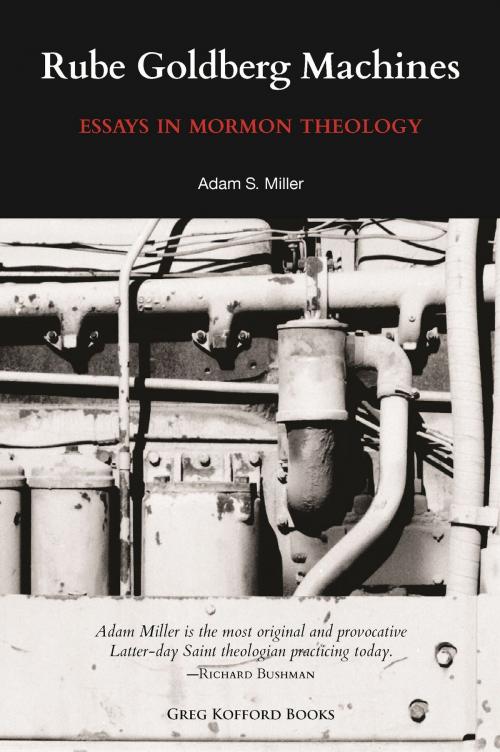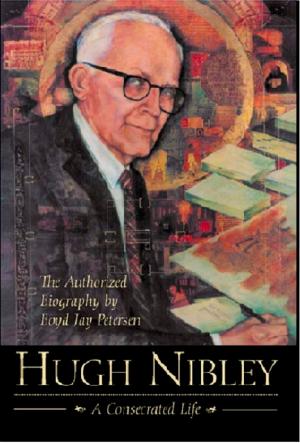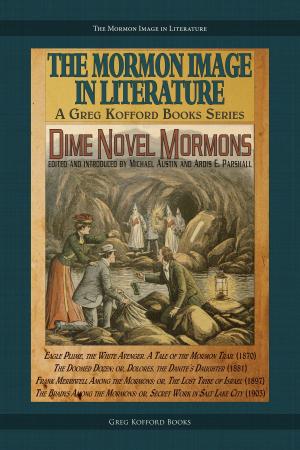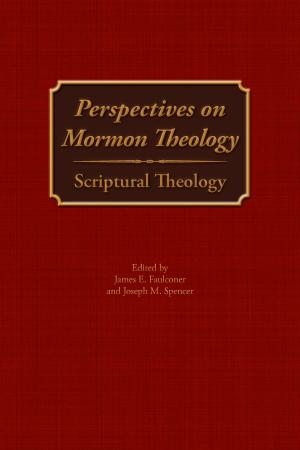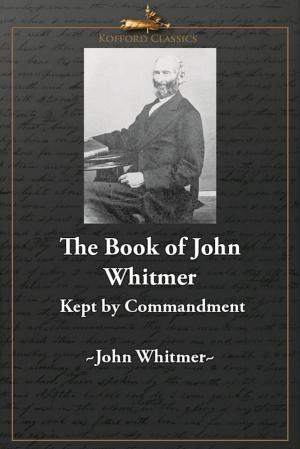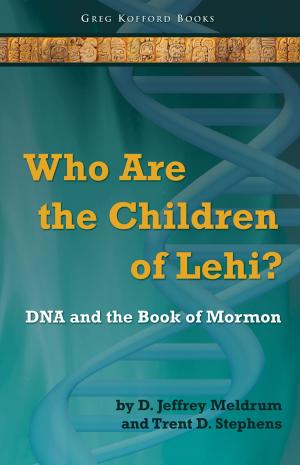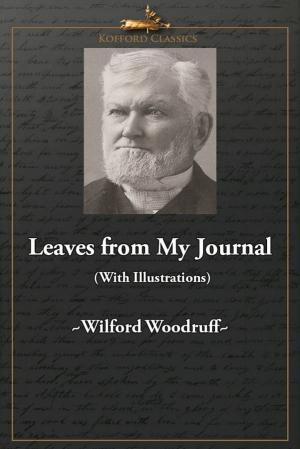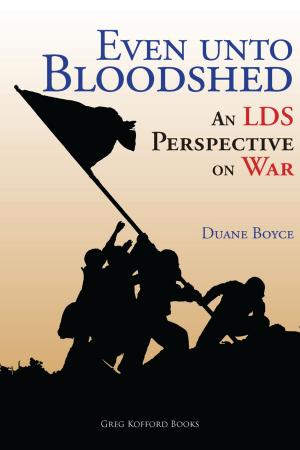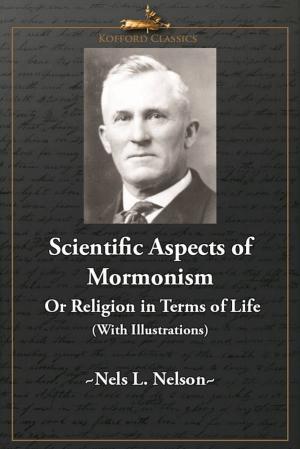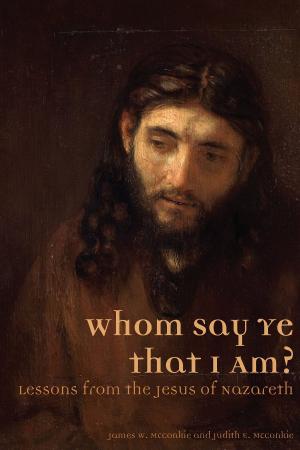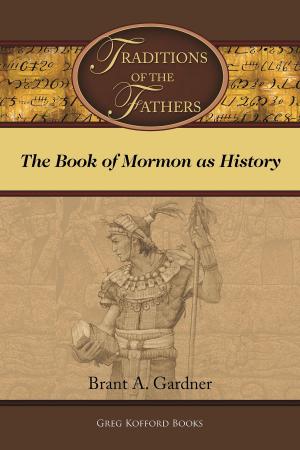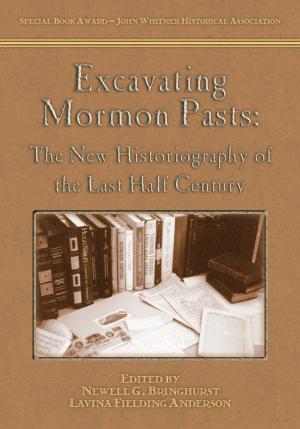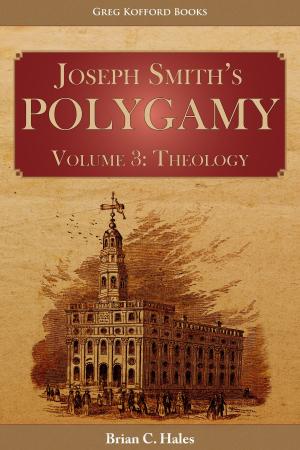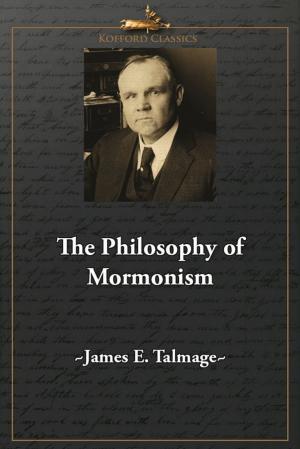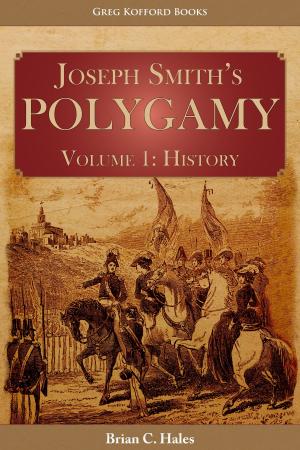Rube Goldberg Machines: Essays in Mormon Theology
Nonfiction, Religion & Spirituality, Christianity, Denominations, Mormonism, Theology| Author: | Adam S. Miller | ISBN: | 9781589583238 |
| Publisher: | Greg Kofford Books | Publication: | November 2, 2015 |
| Imprint: | Language: | English |
| Author: | Adam S. Miller |
| ISBN: | 9781589583238 |
| Publisher: | Greg Kofford Books |
| Publication: | November 2, 2015 |
| Imprint: | |
| Language: | English |
Doing theology is like building a comically circuitous Rube Goldberg machine: you spend your time tinkering together an unnecessarily complicated, impractical, and ingenious apparatus for doing things that are, in themselves, simple. But there is a kind of joy in theology’s gratuity, there is a pleasure in its comedic machination, and ultimately—if the balloon pops, the hamster spins, the chain pulls, the bucket empties, the pulley lifts, and (voila!) the book’s page is turned—some measurable kind of work is accomplished. But this work is a byproduct. The beauty of the machine, like all beauty, is for its own sake.
Theology, maybe especially Mormon theology, requires this kind of modesty. The Church neither needs nor endorses our Rube Goldbergian flights. The comic aspect of the arrows we wing at cloudy skies must be kept firmly in mind. The comedy of it both saves us from theology and commends us to it.
Engaged in this work, theology has only one definitive strength: it can make simple things difficult. Good theology forces detours that divert us from our stated goals and prompt us to visit places and include people that would otherwise be left aside. The measure of this strength is charity. Theological detours are worth only as much charity as they are able to show. They are worth only as many waylaid lives and lost objects as they are able to embrace. Rube Goldberg machines, models of inelegance, are willing to loop anything into the circuit—tax collectors, prostitutes, lepers, Democrats, whatever. In charity, the grace of a disinterested concern for others and the gratuity of an unnecessary complication coincide. Theology helps us to find religion by helping us to lose it. Theology makes the familiar strange. It ratchets uncomfortable questions into complementary shapes and helps recover the trouble that is charity’s substance.
This book is itself a Rube Goldberg machine, pieced together from a variety of essays written over the past ten years. They offer explicit reflections on what it means to practice theology as a modern Mormon scholar and they stake out substantial and original positions on the nature of the atonement, the soul, testimony, eternal marriage, humanism, and the historicity of the Book of Mormon.
Doing theology is like building a comically circuitous Rube Goldberg machine: you spend your time tinkering together an unnecessarily complicated, impractical, and ingenious apparatus for doing things that are, in themselves, simple. But there is a kind of joy in theology’s gratuity, there is a pleasure in its comedic machination, and ultimately—if the balloon pops, the hamster spins, the chain pulls, the bucket empties, the pulley lifts, and (voila!) the book’s page is turned—some measurable kind of work is accomplished. But this work is a byproduct. The beauty of the machine, like all beauty, is for its own sake.
Theology, maybe especially Mormon theology, requires this kind of modesty. The Church neither needs nor endorses our Rube Goldbergian flights. The comic aspect of the arrows we wing at cloudy skies must be kept firmly in mind. The comedy of it both saves us from theology and commends us to it.
Engaged in this work, theology has only one definitive strength: it can make simple things difficult. Good theology forces detours that divert us from our stated goals and prompt us to visit places and include people that would otherwise be left aside. The measure of this strength is charity. Theological detours are worth only as much charity as they are able to show. They are worth only as many waylaid lives and lost objects as they are able to embrace. Rube Goldberg machines, models of inelegance, are willing to loop anything into the circuit—tax collectors, prostitutes, lepers, Democrats, whatever. In charity, the grace of a disinterested concern for others and the gratuity of an unnecessary complication coincide. Theology helps us to find religion by helping us to lose it. Theology makes the familiar strange. It ratchets uncomfortable questions into complementary shapes and helps recover the trouble that is charity’s substance.
This book is itself a Rube Goldberg machine, pieced together from a variety of essays written over the past ten years. They offer explicit reflections on what it means to practice theology as a modern Mormon scholar and they stake out substantial and original positions on the nature of the atonement, the soul, testimony, eternal marriage, humanism, and the historicity of the Book of Mormon.
